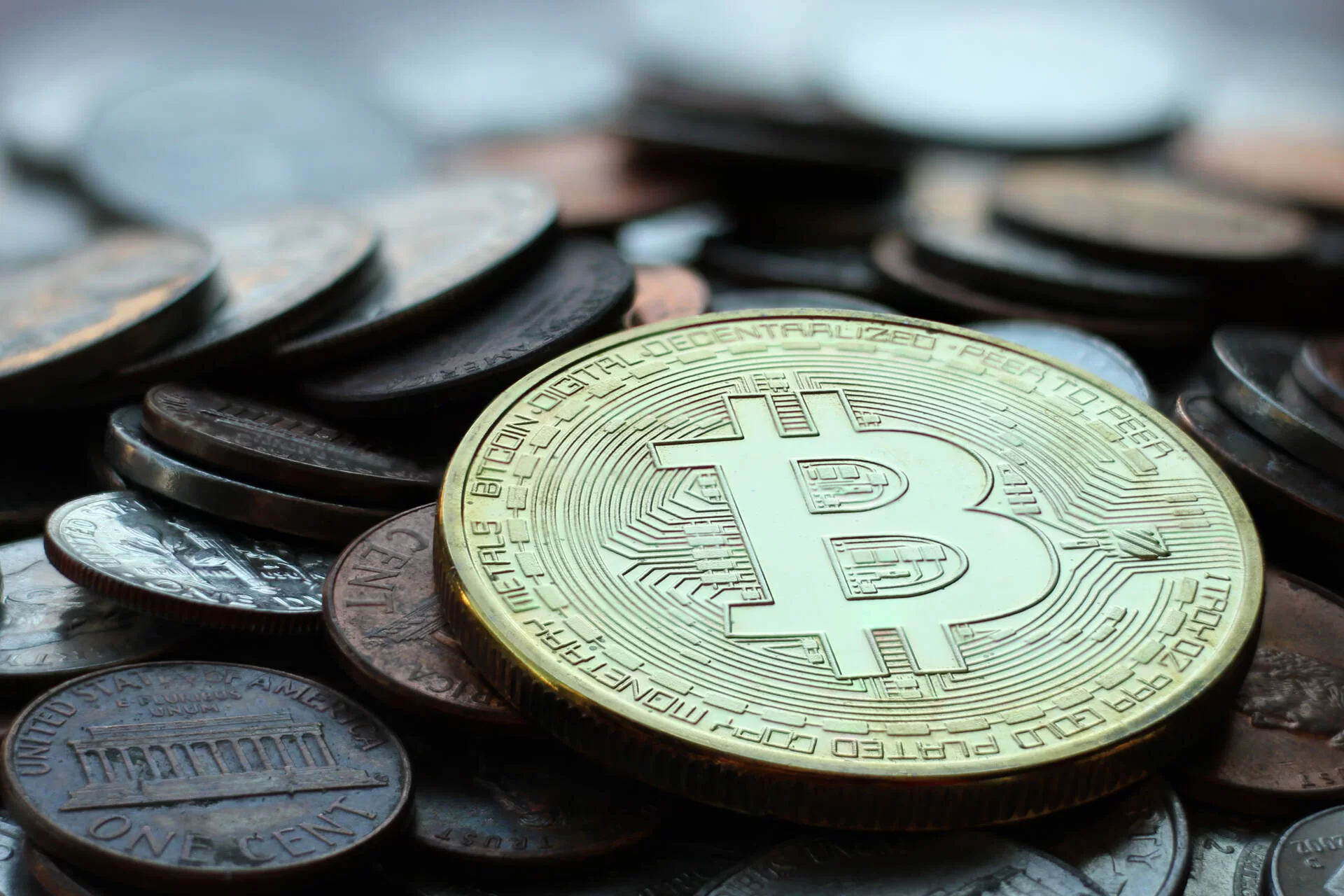Stablecoins have been gaining in popularity in recent years, with many seeing them as a safe haven in the volatile cryptocurrency market. However, the future of stablecoins in Hong Kong may be uncertain, following the recent announcement of new regulations. In this article, we’ll explore the impact of these regulations on stablecoins and what they mean for the future of cryptocurrency in Hong Kong.
What are Stablecoins?
Stablecoins are a type of cryptocurrency that is pegged to a stable asset, such as the US dollar, to minimize price volatility. They offer many advantages over traditional cryptocurrencies, including lower volatility and greater stability. Stablecoins have been increasingly used in the DeFi space and have been seen as a promising alternative to traditional fiat currencies.
Why the Uncertain Future for Stablecoins in Hong Kong?
The Monetary Authority of Hong Kong (MAHK) recently announced new regulations aimed at cracking down on stablecoins and other digital assets. The regulations require stablecoin issuers to obtain a license from the MAHK and comply with strict regulatory requirements. This includes regular reporting, auditing, and risk management procedures.
The regulations have been met with mixed reactions from the cryptocurrency community. On the one hand, the regulations will increase transparency and accountability in the stablecoin market, which is a positive step. On the other hand, the regulations may also limit the growth of stablecoins in Hong Kong and create barriers to entry for new issuers.
Impact on the Altcoin Market
The regulations may also have a wider impact on the altcoin market in Hong Kong. Many altcoins, including stablecoins, have been seen as alternatives to traditional fiat currencies, and the regulations may limit their use and adoption. Additionally, the regulations may make it more difficult for new altcoin projects to launch and grow in Hong Kong.
The Future of Cryptocurrency in Hong Kong
The new regulations in Hong Kong have sparked a debate about the future of cryptocurrency in the region. While the regulations may create barriers for stablecoins and altcoins, they may also provide a more stable and secure environment for cryptocurrencies. The regulations may also encourage other countries to follow suit, which could have a significant impact on the wider cryptocurrency market.
Conclusion
The new regulations in Hong Kong have raised questions about the future of stablecoins and other digital assets in the region. The regulations will increase transparency and accountability, but may also limit the growth of stablecoins and altcoins. The impact of these regulations will be closely watched by the cryptocurrency community, as they may have far-reaching implications for the future of cryptocurrency in Hong Kong and beyond.

